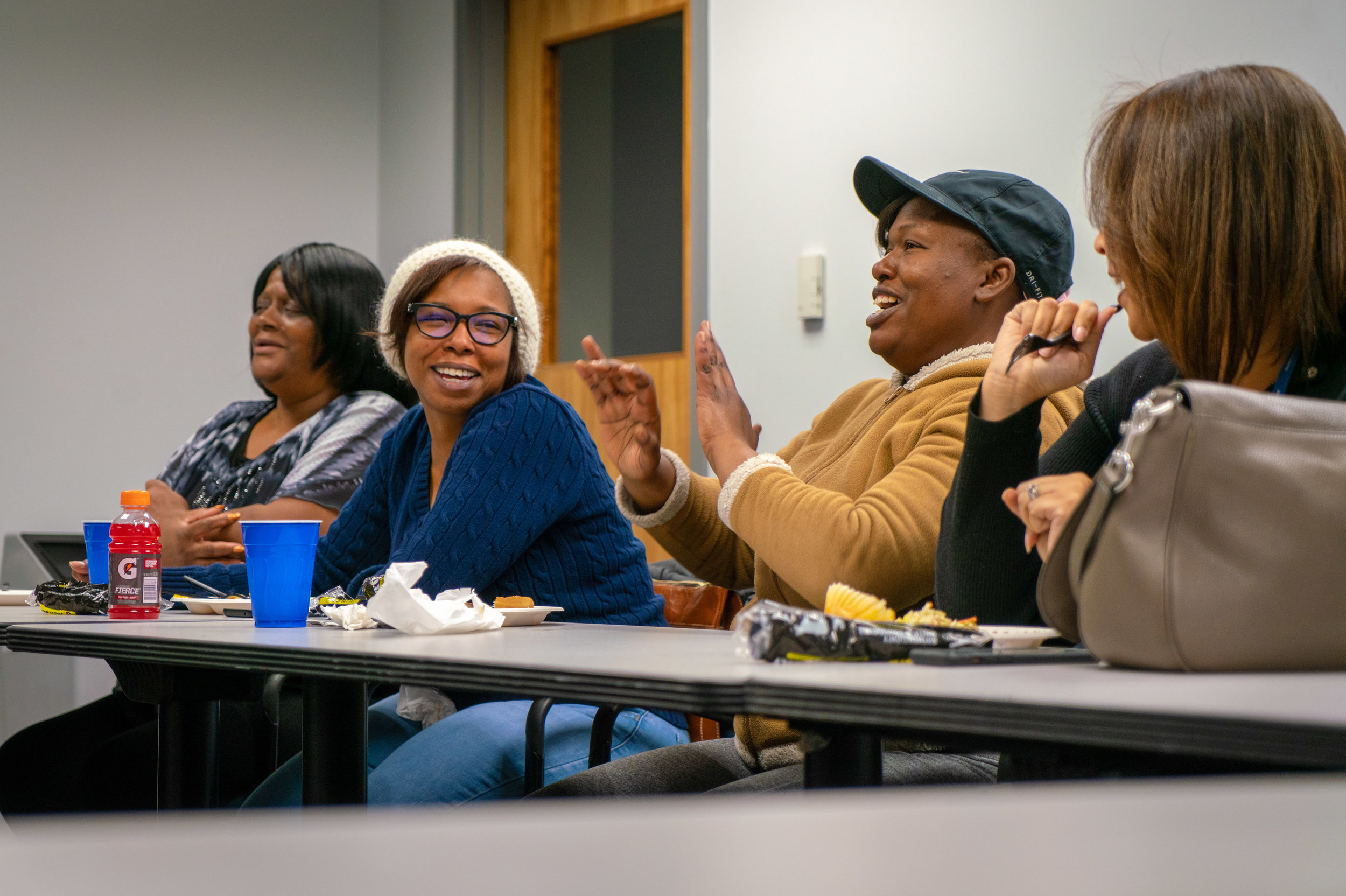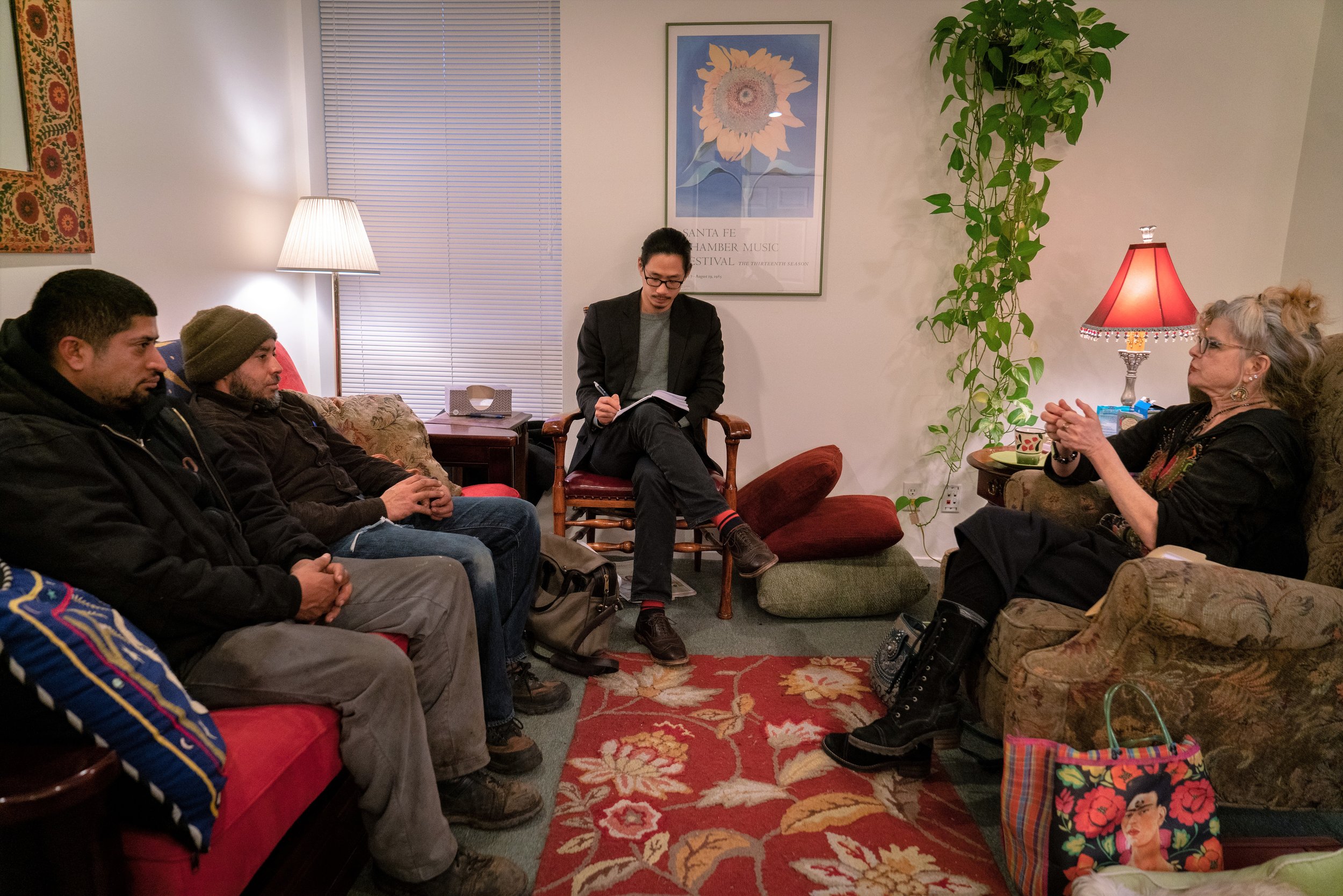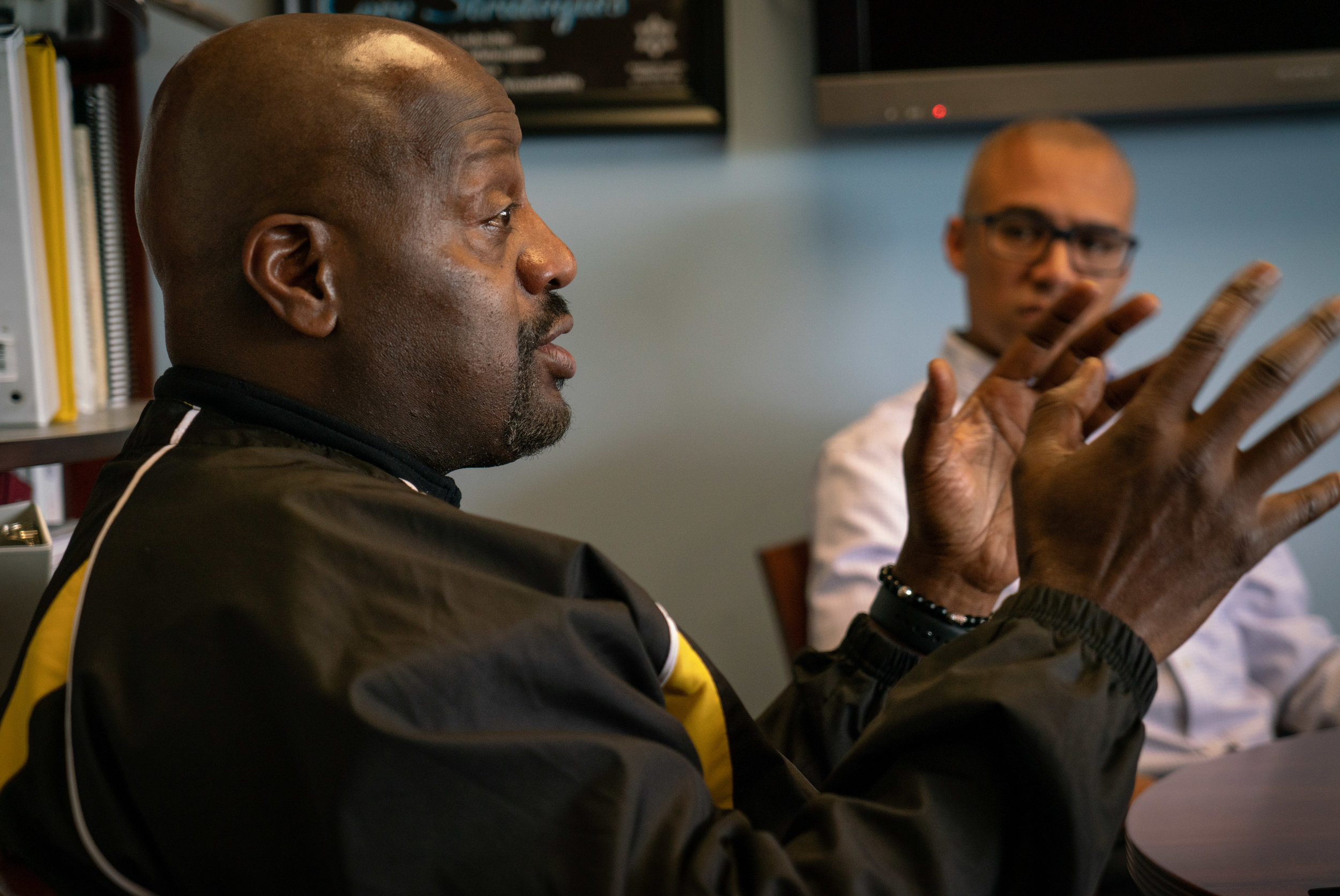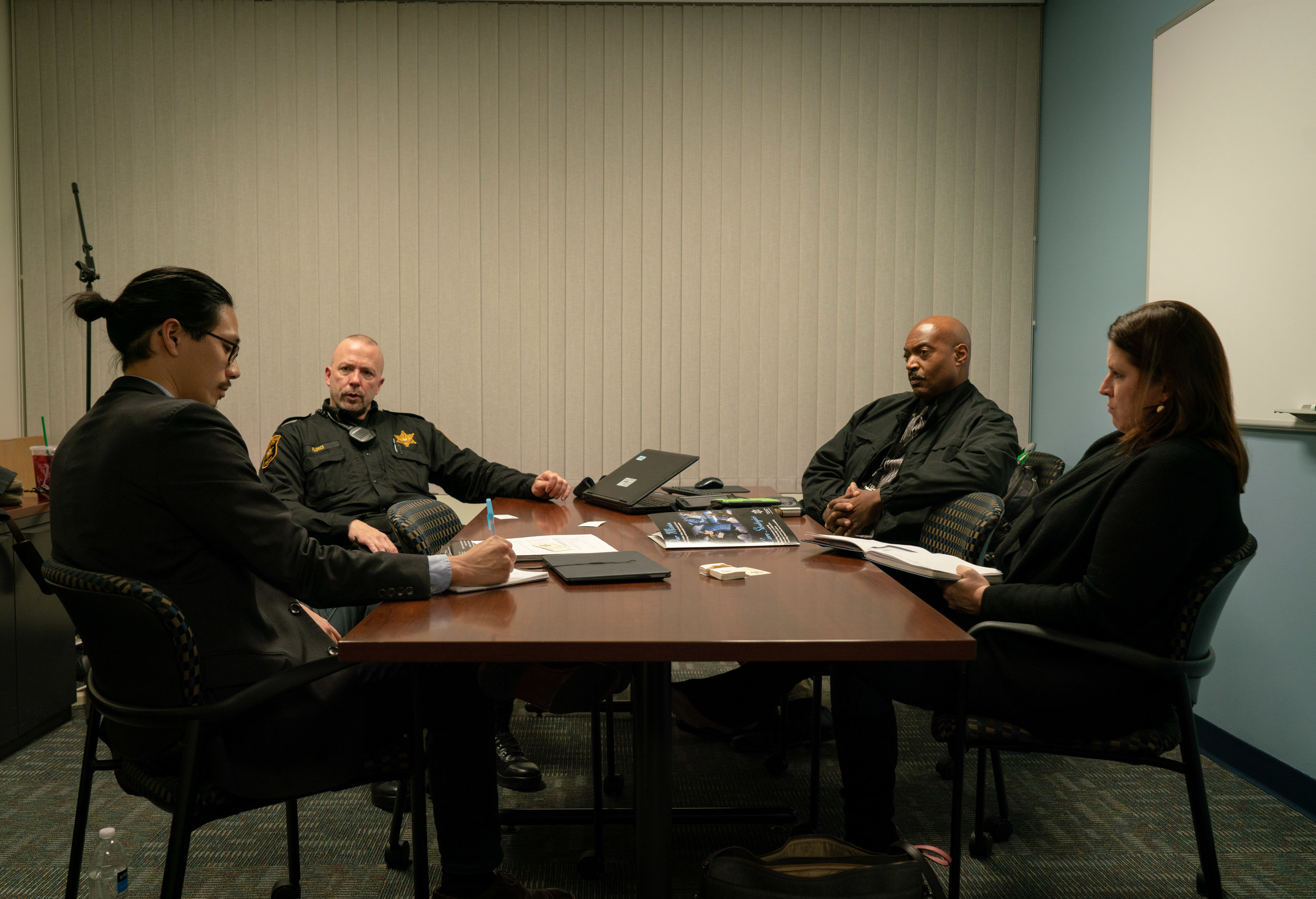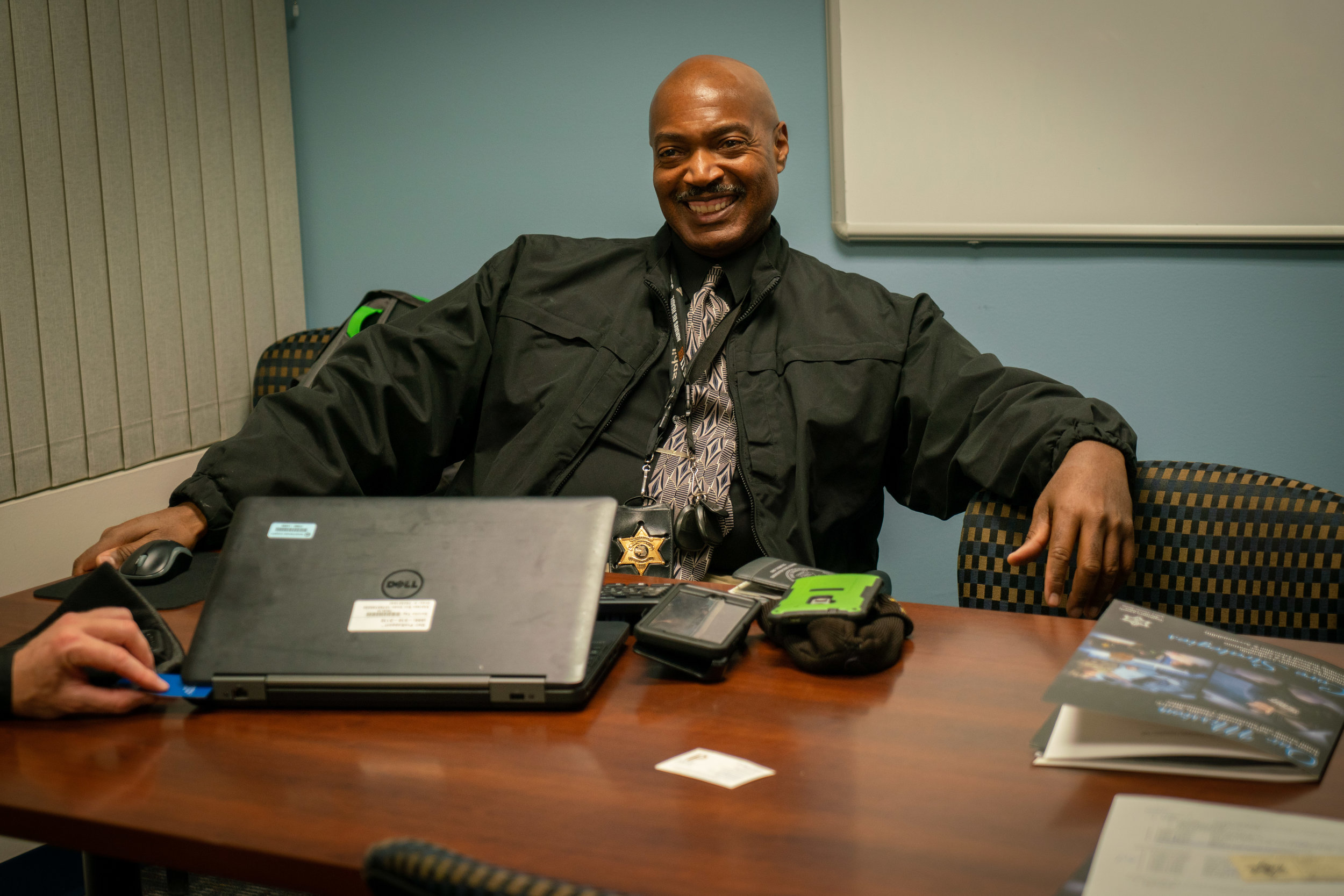The Policing Project recently visited Washtenaw County, Michigan, as part of our national field research project with our partners at the National Police Foundation and National Urban League. We are visiting cities across the country to learn about their approaches to police-community engagement, and the challenges and successes they’ve encountered along the way.
It’s not uncommon for police agencies to have dedicated staff leading community engagement efforts. However, there is always the risk that these initiatives will be siloed away from the overall operations of the department, and that patrol officers may come to think of “community engagement” as an extra activity, separate from their day-to-day work.
What does it take to cultivate a department-wide culture that puts community engagement and collaborative problem-solving at the center? The Washtenaw County Sheriff’s Office (WCSO) offers a unique answer: hire an outside social worker to run community engagement, and instead of partitioning that individual away from the bread-and-butter of law enforcement operations, elevate the position to virtually the department’s second-in-command.
In 2009, Sheriff Jerry Clayton hired Derrick Jackson, a social worker running the homeless youth shelter Ozone House to be his new Director of Community Engagement. Without a law enforcement background, Jackson had reservations about joining the Sheriff’s Office, but recognized that police interact daily with individuals in need of supportive services. This interdisciplinary approach has led to initiatives one doesn’t ordinarily see in law enforcement, even in places where the importance of “community engagement” is acknowledged.
Highlights from our conversations with Sheriff Jerry Clayton and Community Engagement Director Derrick Jackson.
New approaches, new connections
One of the first programs WCSO implemented with Jackson as director was the outreach worker program, which employs formerly incarcerated individuals to connect residents to supportive resources, such as housing, employment, and mental health counseling. The program was originally designed to temporarily employ outreach workers until they connect to more stable employment, but the success of the program has led to permanent hires.
Other programs have also been created. Sisters United Resilient and Empowered (SURE) Moms began as a peer-support group for mothers of incarcerated youth. Led by Florence Roberson, an outreach worker, this group is expanding and going out into the community to start new self-help groups for women experiencing trauma. This might not sound like a program typically run by a Sheriff’s Office, but it’s part of how WCSO is rethinking law enforcement’s role in supportive and preventative services.
WCSO’s community engagement programs complement the department’s emphasis on problem-oriented policing, a methodology that focuses on the root causes of crime and working with the community to address those issues. Rather than the traditional field training officer (FTO) model, where new hires are partnered with a senior officer in the field, WCSO employs the Reno model of Police Training Officer (PTO) to train new officers. PTO encourages officers to think critically about community problems, working in tandem with residents to solve their public safety issues.
The Washtenaw County Sheriff’s Office brings a new approach to community engagement and to policing more generally, one that works in partnership with the community and that seeks to re-imagine how law enforcement can promote public safety outside of strict arrests. There will still be moments of transition, but the Washtenaw County Sheriff’s Office offers a promising example of the role law enforcement can play in re-imagining public safety.



